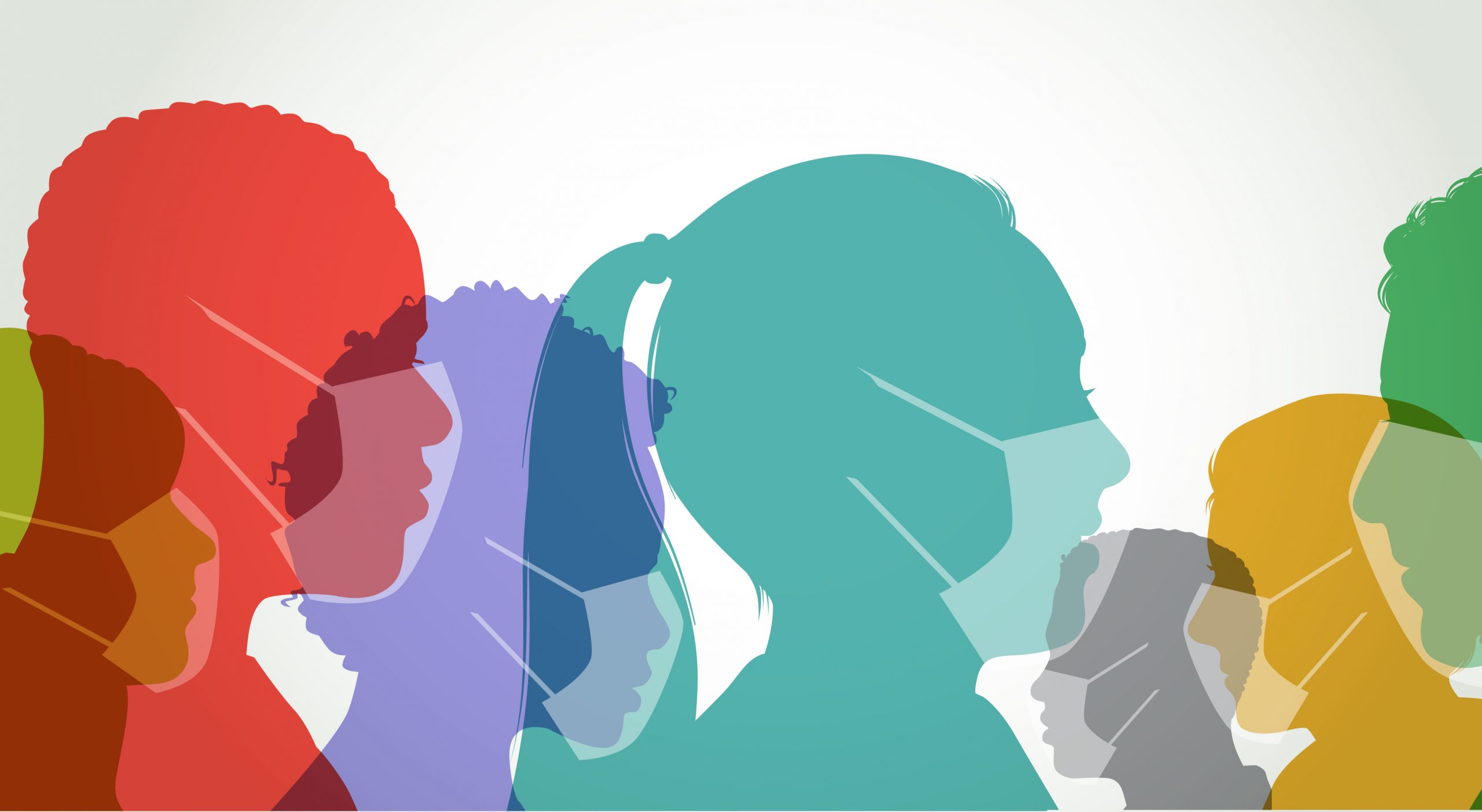
Coronavirus (COVID-19)
About COVID-19
COVID-19, also known as the coronavirus, is a novel virus that gives you a fever, makes you cough and impacts your breathing. “Novel” means that this particular virus has never been seen before in human populations. It is transmitted from human to human through droplets (sneeze, cough) within six feet. It can also be spread if you touch a surface that has the virus on it and then you touch your face where it can enter through your nose, mouth, and even your eyes, although this way of spread is less likely.
Most people will experience mild to moderate respiratory illness and recover without requiring special treatment, however, some people will become seriously ill and require medical attention. Older people and those with chronic conditions such as heart disease, diabetes, chronic respiratory disease, or cancer are more likely to develop serious illness. Anyone can get sick with COVID-19 and become seriously ill or die at any age.
Prevention
Get Vaccinated: The best way to keep your family and friends safe is to get vaccinated if you are eligible.
The next line of defense whether vaccinated or not is the same as with the flu or any other virus. Remember to:
- Wash your hands with soap and water for at least 20 seconds.
- Avoid touching your eyes, nose or mouth with unwashed hands.
- Avoid close contact with people who are sick.
- Stay home if you’re sick.
- Cover your mouth and nose when you cough or sneeze. Throw away any used tissues and wash your hands.
- Wear a mask.
Symptoms
According to the Centers for Disease Control, common symptoms of the coronavirus are:
- Cough (usually a dry cough)
- Shortness of breath or trouble breathing
- Fever
- Chills
- Repeated shaking with chills
- Muscle pain
- Headache
- Sore throat
- New loss of taste or smell
- Nasal congestion
- Runny nose
- Suspicious rash (COVID toes)
These symptoms are also found in many other common illnesses such as the flu, so having these symptoms does not necessarily mean you have COVID-19. Some people may not have any symptoms at all. Any symptoms usually appear about five days after you have been exposed, but it can vary between 2-14 days. You can have no symptoms for some time and not know you are affecting others. Therefore, you need to wash your hands frequently, avoid touching your face, stay six feet apart, and wear a mask in public settings when a six-foot distance from others cannot be met.
If you are experiencing severe symptoms such as:
- Trouble breathing
- Persistent pain or pressure in the chest
- New confusion or not being able to wake up
- Bluish lips or face
Seek emergency medical care immediately and call 911. More information is available on the Centers for Disease Control website.
I think I might have coronavirus
The best thing you can do to protect you and your family from COVID-19 at this time is to stay home and isolate yourself, get rest and stay hydrated.
If you have any symptoms, get tested for COVID-19.
If you have been in a high-risk situation, get tested for COVID-19. High-risk situations include:
- Knowing you were in close contact with someone who has COVID-19. In general, being in close contact means you have spent 15 minutes or more within about 6 feet of a person who has COVID-19 throughout a 24-hour period. If you were in close contact with someone who has COVID-19, you need to stay home for 14 days (quarantine) even if you get a negative test result. If you think you may have come into close contact with someone with COVID-19 but aren't sure, get tested.
- Large group gatherings, especially with limited social distancing and/or few people wearing masks.
If you do not have symptoms, it is best to get tested at least 5 days after the last time you were close to the person with COVID-19. If you get tested too soon, the test may not be able to detect the virus.
If you need to be seen, please call our COVID-19 Patient Care Line at 612-873-2922. You can also request an e-visit by logging into your MyChart account. If you do not have a MyChart account, you can sign up for one here, or call 612-873-5600.
If you are experiencing trouble breathing, please call our Nurse Telehealth line at 612-873-6963. If this is a life-threatening emergency, please call 911.
Getting tested
Testing is available to anybody with or without symptoms.
Learn where you can get tested and how to prepare for testing.
Treatment
The best treatment for mild to moderate cases is isolation, plenty of rest and stay hydrated. Some over-the-counter medicines may help with some symptoms such as fever and cough. If your symptoms worsen, please call our COVID-19 Patient Care Line at 612-873-2922.
There are treatments now available in hospital settings for more severe cases.
There are breakthroughs in vaccine developments with very high effective rates. These vaccines are expected to be distributed and administered by the end of 2020 starting with healthcare and senior care workers, first responders and our vulnerable population of seniors in care homes.
Information changes quickly.
Please check these websites for the latest information:

